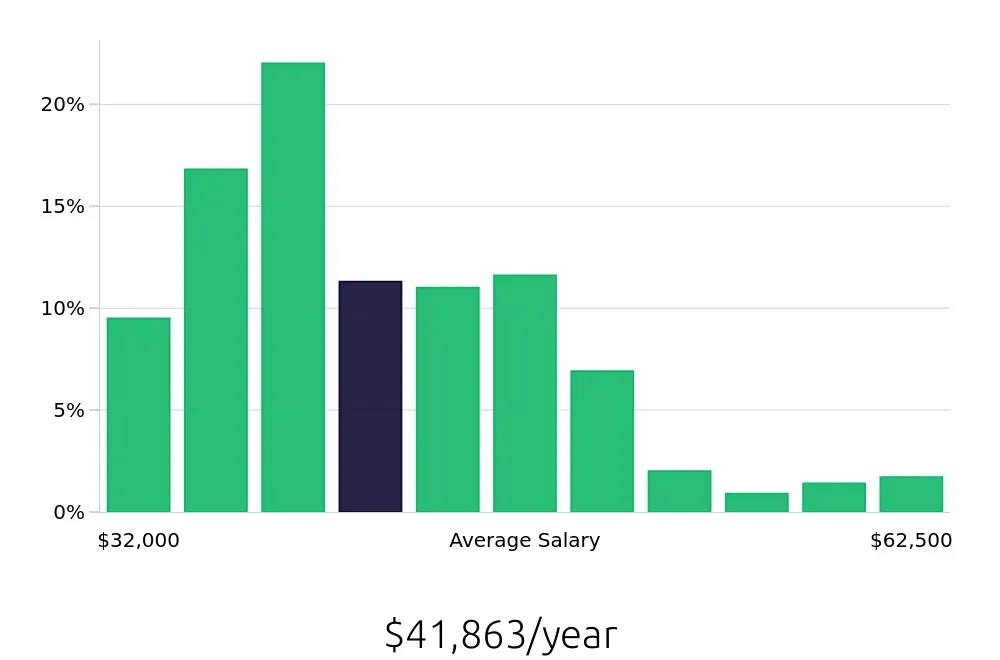Position
Overview
A Solderer works with soldering equipment to join metal parts together. They ensure that joints are strong and that the connections last. This position involves reading technical blueprints and understanding the materials used. Solderers often work in manufacturing, electronics, or construction. They must pay close attention to detail and ensure safety standards are met.
The Solderer uses a variety of tools, including soldering irons, torches, and flux. They must know how to clean and maintain their equipment. The Solderer also inspects the work to ensure it meets quality standards. This role may involve working on complex machinery or small electronic components. It requires steady hands and a keen eye for quality. This job is essential in industries that rely on strong metal connections.
Becoming a solderer involves learning specific skills and following a structured process. This trade is vital in many industries, from electronics to plumbing. Those interested in this career can start with basic training and progress through apprenticeships.
Here are five key steps to embark on this rewarding path:
To start a career as a solderer, a solid understanding of the skills needed takes time. Most people can learn the basics in a few months. A formal training program can help. These programs often last 6 months to 2 years. They teach everything from safety to complex soldering techniques. Hands-on experience during the program boosts skills quickly.
With a solid foundation, many solderers gain employment in their field. Continuous learning and experience add to their expertise. Experienced solderers often complete their training and enter the workforce in about 1 to 2 years. Job opportunities may come faster for those with prior experience or special skills. Advancements in technology and techniques also play a role in career growth. Those who stay updated with new methods can often move up faster in their careers.
A Solderer is responsible for the assembly, repair, and maintenance of electronic components using soldering techniques. They must have a keen eye for detail, follow precise instructions, and ensure that connections are made properly and securely.
Responsibilities:
Qualifications
A career as a Solderer involves working with metals to join them together using heat. Solderers play a key role in various industries, from electronics to plumbing. This skilled trade requires precision and attention to detail. Companies often look for Solderers who can work independently and handle delicate tasks.
Solderers enjoy several benefits in their work. They often have stable job opportunities because skilled tradespeople are always needed. Many Solderers work in well-paying jobs. The work can be physically demanding, but it also allows for hands-on tasks and problem-solving. However, there are a few downsides to consider. Soldering can involve repetitive motions, which may lead to physical strain over time. The job can also require long hours, especially during busy periods. Exposure to heat and dangerous materials is a risk, so proper safety measures are essential.
Here are some pros and cons to consider:
Job seekers interested in a stable and rewarding career may want to consider becoming a Solderer. According to the Bureau of Labor Statistics (BLS), this career path offers a steady demand, with an average of 45,400 job positions available each year. The outlook is promising, with a projected 0.7% increase in job openings from 2022 to 2032. This growth suggests that opportunities for Solderers will remain consistent for those entering the field.
A career as a Solderer can also be financially rewarding. The BLS reports an average national annual compensation of $52,240 for this role. This figure reflects the value placed on Solderers in various industries, where they play a crucial part in joining metal components together. The average hourly compensation stands at $25.12, offering a competitive wage that can support a comfortable lifestyle.
For those who enjoy working with their hands and solving intricate technical problems, becoming a Solderer can be a fulfilling career choice. The combination of steady job opportunities, competitive compensation, and the chance to work in diverse industries makes this a viable option for job seekers. This career not only promises stability but also offers the potential for growth and advancement.
